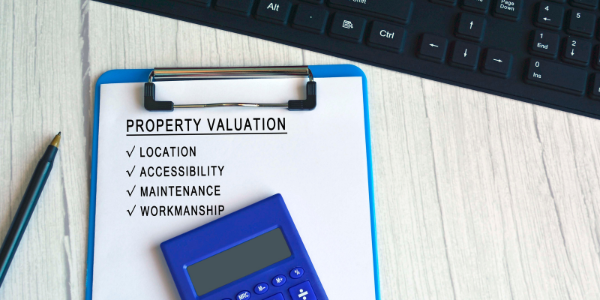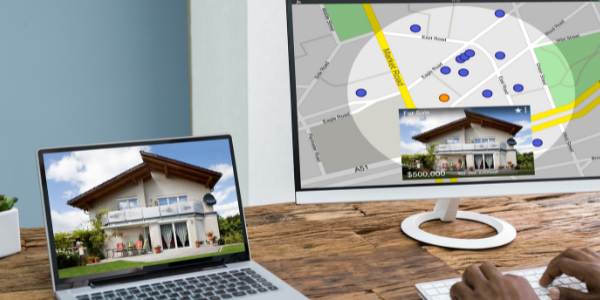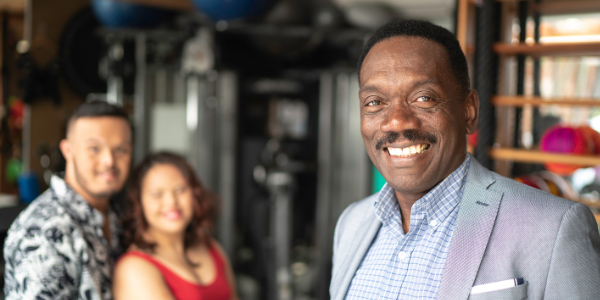Services
We have a dedicated team, providing great customer service as part of our business.
Valuation

Buying the property at the right price is like buying a cow. When you go to buy a cow, you want one that is already pregnant with a good seed. This will mean that in a few months you will have a calf as you also enjoy some fresh milk at least twice a day for the next several years. Avoid buying a cow that has reached menopause.
As a developer, the right price should be determined from the planning stage with a proper feasibility study and a professional valuation of the property that you intend to buy.
The valuation of the parcel of land that you intend to buy and develop should be done using the residual approach instead of the market approach to get the correct picture of the actual value of the land vis a vis the proposed development. If you have already bought the land, the residue approach might suggest that you sell the land as is or change the design of the proposed development. Talk to us to understand the difference and start off on the right footing.
As a buyer, get a valuation of the property before you buy it. You might be surprised that the property you are about to purchase is overpriced by Kshs 1 or 2 million. Then approach the seller with the valuation report and negotiate for a better deal. Don’t assume that you know, talk to us.
Valuer Kariuki MRICS is an expert witness in many civil cases in different courts in Kenya. He enjoys the thrill of cross-examination and will be excited to help out in your court, arbitration or succession matters.
Section 97 of the Land Act 2012 requires that a chargee shall, before exercising the right of sale, ensure that a forced sale valuation is undertaken by a valuer and ensure that the price at which the charged land is sold is at least seventy-five per centum of the market value.
We offer valuation for secured lending to Equity Bank Kenya customers. We hope to enlist more banks and SACCOS in the near future.
e.g. bookkeeping, to help in writing wills, when selling companies etc
In simple terms as the name implies, a feasibility study is an analysis of the viability of an idea. The feasibility study focuses on helping answer the essential question of “should we proceed with the proposed project idea?” All activities of the study are directed toward helping answer this question.
A feasibility study main goal is to assess the economic viability of the proposed business. The feasibility study needs to answer the question: “Does the idea make economic sense?”
The feasibility study of a proposed project seeks to determine the following but not limited to;
(1) Source of capital
(2) Market readiness to the investment
(3) Will the project budget be enough
(4) Will it be profitable i.e. Return On Investment (ROI)
Any real estate investment requires a heavy capital outlay There are different sources of capital today to fund a real estate development but the trick always is, the funding body always would like to know how the investor will be able to pay back the money and that’s where a business plan comes in handy. Different options have different cost implications and one must better leave this option to the experts to do it for them because the funding bodies are also in business. Once the source of funding is settled on they needed to move to the next step which is;
The most important question that one need to ask him/herself is this “is the market ready for this kind of real estate development?” It is important to study the real estate market and understand what sells in a particular place and what can’t sell because here we are talking about an investment. Also, a market assessment may be conducted that will help determine the viability of a proposed product in the marketplace. The market assessment will help to identify opportunities in a market or market segment. If no opportunities are found, there may be no reason to proceed with a feasibility study. If opportunities are found, the market assessment can give focus and direction to the construction of business scenarios to investigate in the feasibility study. A market assessment will provide much of the information for the marketing feasibility section of the feasibility study.
For any real estate project to take off it is important to have a project budget. The project budget helps an investor organize their finances, it also helps them when looking for finance from the financiers. A project budget includes; Cost of land, Construction estimates, Professional fees, marketing costs and any other expenses that would go into the project. This is a very key step to undertake as it is used to determine the next course of the project. The project budget may prove too expensive to undertake the project and therefore some cost-cutting initiatives are put in place what is commonly referred to as cost engineering.
At this stage the investor is able to know whether the project is profitable or not and there they are able to decide whether to go on or not. Once the investors know the project budget and market studies have been done and they know how much to expect from the proposed development, an analysis is done to compare the project cost and the estimated income from the project. This step informs the investor whether the project is profitable or not.
Feasibility studies aim to objectively and rationally uncover the strengths and weaknesses of an existing business or proposed venture, opportunities and threats present in the environment, the resources required to carry through, and ultimately the prospects for success. In its simplest terms, the two criteria to judge feasibility are cost required and value to be attained.
A feasibility study evaluates the project’s potential for success; therefore, the perceived objectivity is an important factor in the credibility to be placed on the study by potential investors. It must therefore be conducted with an objective, unbiased approach to provide information upon which decisions can be based.
A consultant may help you with the pre-feasibility study, but you should be involved. This is an opportunity for you to understand the issues of project development.
The conclusions of the feasibility study should outline in depth the various scenarios examined and the implications, strengths and weaknesses of each. The project leaders need to study the feasibility study and challenge its underlying assumptions. This is the time to be skeptical.
The go/no-go decision is one of the most critical in business development. It is the point of no return. Once you have definitely decided to pursue a business scenario, there is usually no turning back. The feasibility study will be a major information source in making this decision. This indicates the importance of a properly developed feasibility study.
Conducting a feasibility study is a good business practice. If you examine successful businesses, you will find that they did not go into a new business venture without first thoroughly examining all of the issues and assessing the probability of business success.
Below are other reasons to conduct a feasibility study.
- Gives focus to the project and outline alternatives.
- Narrows business alternatives
- Identifies new opportunities through the investigative process.
- Identifies reasons not to proceed.
- Enhances the probability of success by addressing and mitigating factors early on that could affect the project.
- Provides quality information for decision making.
- Helps in securing funding from lending institutions and other monetary sources.
- Helps to attract equity investment.
- The feasibility study is a critical step in the project assessment process. If properly conducted, it may be the best investment you ever made.
Feasibility Studies

A feasibility study is an evaluation and analysis of the potential of the proposed project which is based on extensive investigation and research to support the process of decision making.
Estate Agency

Are you looking to buy, sell, or lease a property? Talk to us for tailor-made solutions. Our main areas of interest are as follows.
- Office space. Nairobi CBD, Kilimani, Westlands, Ngong road and Karen
- Nairobi and Kiambu counties.
- Nairobi and Kiambu counties.